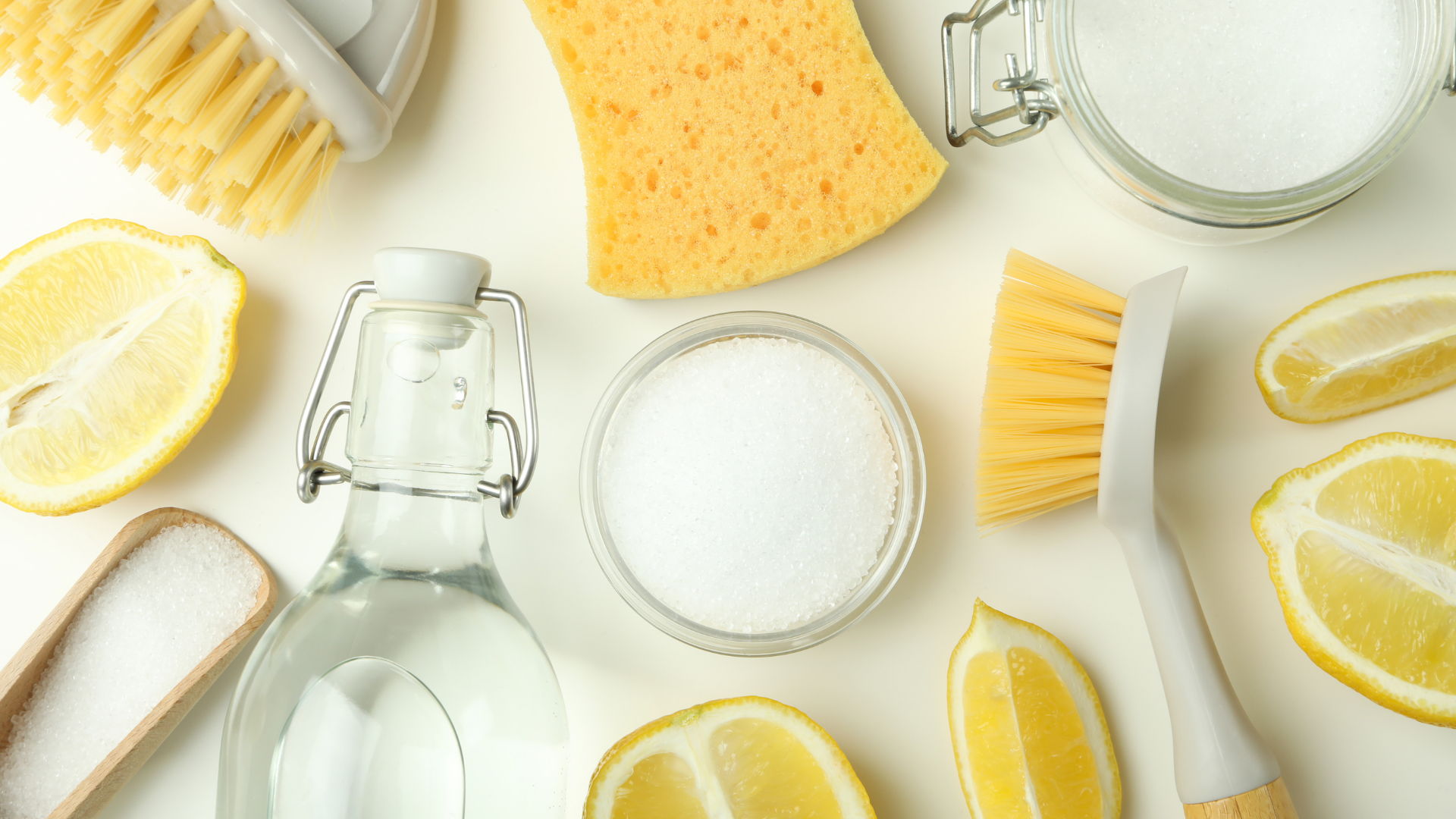What To Do If A Water Pipe Bursts
Steps To Take Immediately After A Burst Water Pipe
A burst water pipe is one of those household emergencies that can throw everything into chaos in a matter of minutes. Suddenly, you’re faced with water spraying or leaking in places it absolutely shouldn’t be, and the potential for damage grows with every passing second. Knowing what steps to take immediately can help limit the destruction and make the recovery process smoother. While dealing with this situation can feel overwhelming, approaching it step by step makes it more manageable.
Stopping The Flow Before Damage Spreads
When a pipe bursts, the first thing on your mind is usually the sheer volume of water that shouldn’t be there. The very first action is to stop that water from continuing its path of destruction. The main shutoff valve in your home is the key—closing it quickly prevents additional water from pouring into your walls, ceilings, or floors. For many houses, that valve sits in the basement or near the main water line. If you live on a slab foundation, it could be tucked away in a closet, garage, or pantry. If you’re in an apartment, contacting building management or maintenance is essential so they can shut down the supply for your unit or building.
Once the water is turned off, it’s smart to relieve the remaining pressure in the system. Opening up your faucets allows any leftover water inside the pipes to drain out rather than finding new cracks or weak points to escape through. This step may feel small, but it helps keep the plumbing system from adding to your headache while you arrange repairs.
Keeping Hazards At Bay
Water from a burst pipe rarely stays contained. It seeps across floors, down walls, and into places it shouldn’t reach. That brings another major concern: electricity. Even if you’re not facing deep standing water, moisture creeping into electrical outlets or wiring can create a dangerous mix. Shutting off power in affected areas reduces those risks and keeps the situation from getting worse.
Once water and electricity are handled, the focus turns to containment. The longer water sits, the deeper it seeps into porous materials like drywall, carpet, and wood flooring. Acting quickly to absorb what you can helps prevent minor damage from turning into full replacements later. Towels, blankets, and even mops can help you start soaking up water. Gloves are a good idea since the water may not be clean—it could have picked up contaminants as it spread. Even if you can’t remove all the moisture, slowing its spread buys you valuable time until professionals arrive.
Understanding What Caused The Burst
After the immediate crisis is under control, many people naturally wonder why it happened in the first place. A pipe doesn’t fail without a reason, and identifying that cause helps avoid repeat issues.
Freezing temperatures are one of the most common culprits. When water solidifies inside a pipe, it expands with tremendous force, often cracking the material. Once it thaws, water gushes out through the damaged area. Corrosion is another frequent cause, particularly in older plumbing systems where pipes have been in service for decades. Metal pipes can weaken and develop thin spots until they finally give way.
Blockages also create conditions for rupture. If a pipe is clogged and pressure builds behind the obstruction, it may eventually burst at its weakest point. In some cases, even external factors like invasive tree roots or shifting soil around your foundation can disrupt plumbing lines enough to cause breakage. In rare situations, improper installation of plumbing or the use of low-quality materials can also contribute, especially if the system has been under constant strain.
Recognizing these potential causes makes it easier to address underlying issues, whether that’s insulating exposed pipes in winter, replacing outdated plumbing, or being mindful of landscaping near water lines.
Dealing With Insurance And Repairs
Once the situation is stabilized, the next steps involve calling the right people. A licensed plumber will be needed to fix the broken section of pipe and get your water system working again. But repairing the pipe itself is only part of the equation. Water that has already escaped into your home requires professional remediation.
Insurance often plays a role here. Many policies cover water damage from sudden and accidental events like burst pipes, though coverage specifics vary. Promptly documenting the incident with photos and notifying your insurance provider increases your chances of getting claims approved. It’s worth remembering that while insurance may cover repairs, it usually doesn’t cover damages tied to long-term neglect or maintenance issues.
Water damage restoration specialists step in where plumbers leave off. Their role is to assess the entirety of the scope of the intrusion, determine what materials can be dried out, and what must be replaced. Flooring, drywall, and insulation often take the brunt of the damage. In some cases, drying equipment may be enough, while in others, full removal is required. Restoration experts not only handle the visible mess but also address hidden moisture that could later turn into mold growth or structural deterioration.
Acting Fast Makes The Difference
A burst pipe can feel like a unstoppable disaster in the moment, but responding quickly and methodically keeps the aftermath from spiraling out of control. Quickly shutting off the water supply, draining the system, reducing any potential electrical risks, and beginning cleanup all create a solid foundation before the professionals arrive. Understanding what might have caused the pipe to fail in the first place and contacting both your insurance provider and repair specialists ensures nothing slips through the cracks.
At Cleaner Guys, we know just how disruptive water damage can be, and we’re here to step in when emergencies strike. Our team is trained to handle everything from immediate water extraction to full restoration of damaged materials. If you’ve recently dealt with a burst pipe or want guidance on protecting your home from future plumbing failures, don’t hesitate to
contact us today. We’re ready to help restore not only your damaged property but also bring back your peace of mind.



